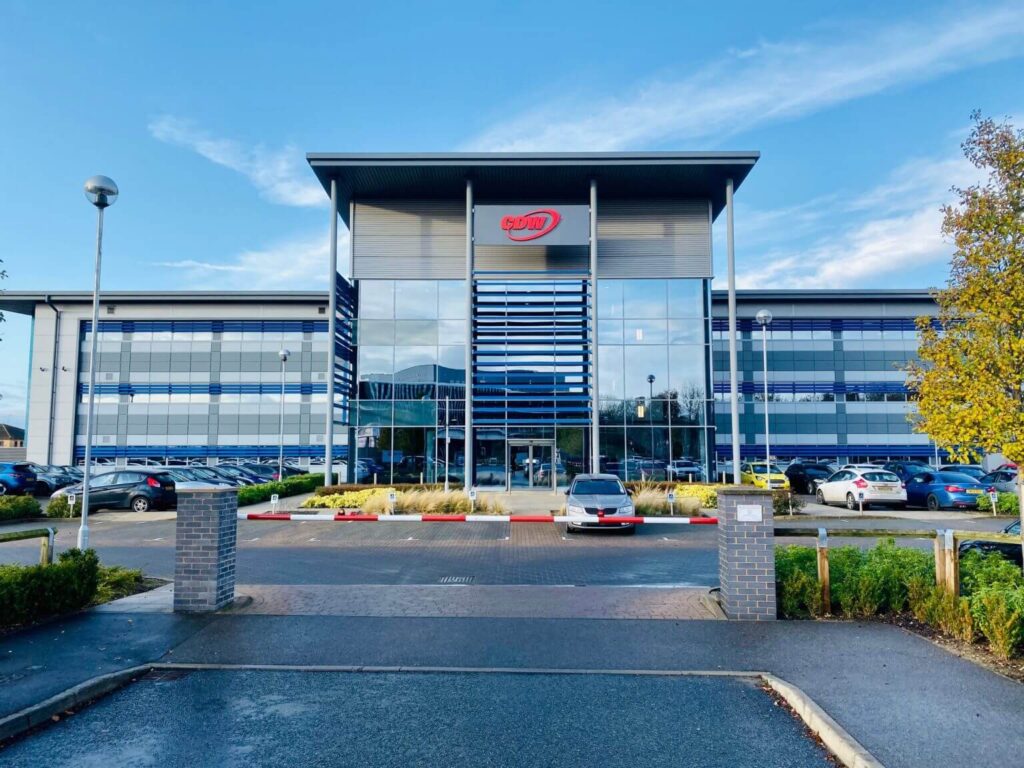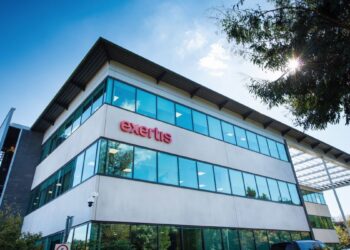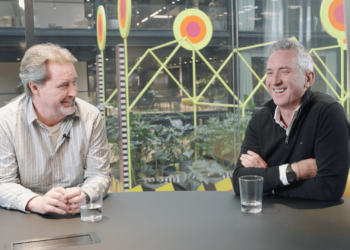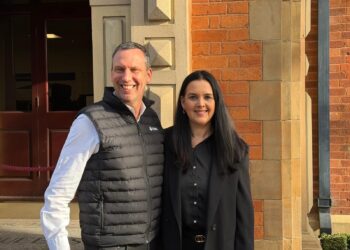Crayon has had its near-term science-based decarbonisation targets validated in a feat almost immediately matched by new sister brand SoftwareOne.
The Nordic software licensing and cloud powerhouse yesterday morning announced its two near-term GHG reduction targets have been given the green light by the Science Based Targets initiative (SBTi).
These are to cut absolute Scope 1 and 2 emissions by 58.8% by 2034 (from a 2023 base year), and to cut Scope 3 emissions by 63.8% per million NOK value added in the same timeframe.
Despite officially becoming one company on 3 July, Crayon and SoftwareOne have opted to set separate SBTi targets on an interim basis.
By the afternoon, Crayon’s Swiss stablemate had issued a similarly worded press release trumpeting its SBTi validation success.
It has committed to cutting its absolute scope 1 and 2 emissions by 42% by FY2030, from a 2024 base year. It harbours two Scope 3 commitments (including cutting absolute Scope 3 GHG emissions from fuel- and energy-related activities, waste generated in operations and business travel by 25% within the same timeframe).
According to the SBTi dashboard, Crayon’s near-term goals were validated on 21 August 2025, with SoftwareOne getting the go-ahead six days later.
Crayon’s peer group on emission mission
Looking at some of Crayon and SoftwareOne’s peer group, UK-headquartered Softcat and Computacenter (along with Swedish Atea) are setting the SBTi pace.
Softcat had both its near-term and Net Zero targets validated by the SBTi in 2022, an achievement mirrored by Computacenter in 2023.
CDW had its near-term targets validated in November 2024, with SHI and Bechtle achieving the same feat in March and July 2025, respectively, according to the SBTi dashboard. The latter has also committed to a Net Zero target, but has not yet had it validated.

The SBTi dashboard shows a ‘Commitment Removed’ status under Crayon’s longer-term Net Zero target.
Crayon was last year one of hundreds of firms to have had previous SBTi targets removed (typically on the basis that an adequate plan to achieve the reductions had not been produced by the company in question), as explored in this Canalys blog post from the time.
According to its recent 2024 annual report, Crayon reduced its total GHG emissions by 4% to around 24,000 tonnes. Scope 3 emissions were pegged at 90% of the total.
Formed as a collaboration between bodies including the CDP and United Nations, SBTi plays a vital role in combating climate change by ensuring corporate climate action is grounded in scientific recommendations, Crayon said.
“With bold science-based targets, we aim to do our part for the planet while growing our business,” said SoftwareOne Co-CEO (and former Crayon CEO) Melissa Mulholland.
“Thank you to everyone who has worked diligently to power our mission forward.”















